Awareness of The Present State of VPNs
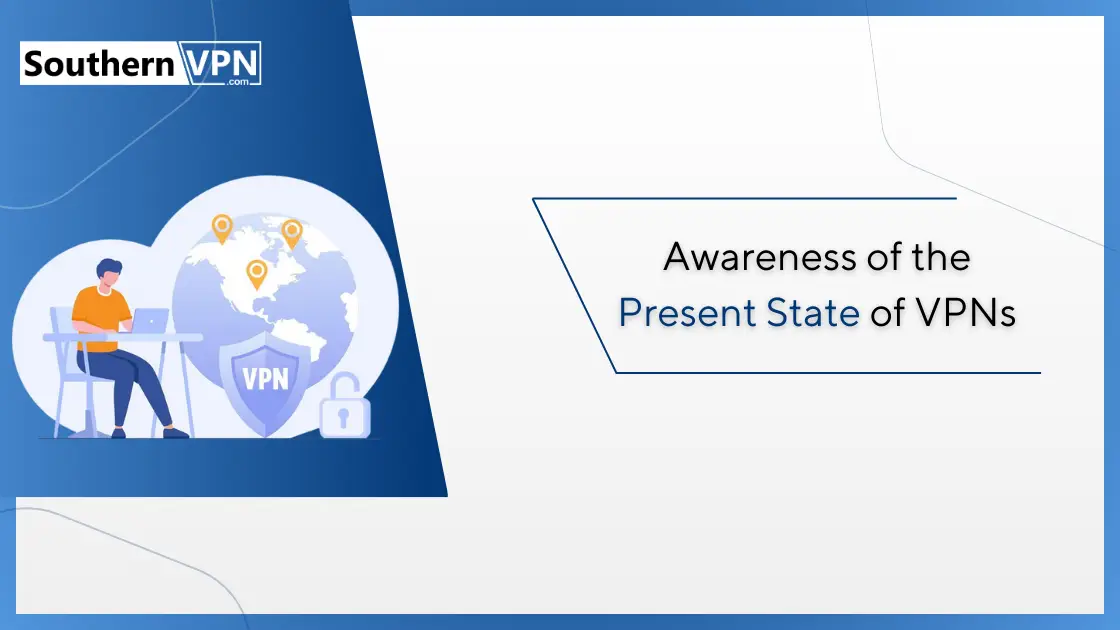
Do You Know?
Artificial Intelligence (AI) Integration: Enhancing VPN Performance
Traditional VPNs are rule based, while through the use of machine learning and deep learning, AI-based VPNs are in a position to identify threats in a better way. These can help detect unusual patterns of traffic and track potentially dangerous activities while setting up modifications to the security system in real time.
Pro Tip
Current trends in VPN technology include AI integration for enhanced performance and security, quantum-safe VPNs to counteract quantum computing threats, decentralized VPNs using blockchain for increased privacy, multi-cloud VPNs for seamless connectivity across different cloud platforms, edge computing VPNs for fast and secure data transmission, and privacy-focused VPNs prioritizing user anonymity.
This enables users to make sure that they are always connected to the fastest and the most reliable VPN services regardless of their proximity or the equipment that they are using.

- Lightning-fast speeds to browse without lag
- Servers in 105+ countries around the globe
- Military-grade security to stay safe online
- Try it risk-free with its money-back guarantee
- Native apps for all major devices
Quantum-Safe VPNs: Safeguarding Data in The Quantum Era
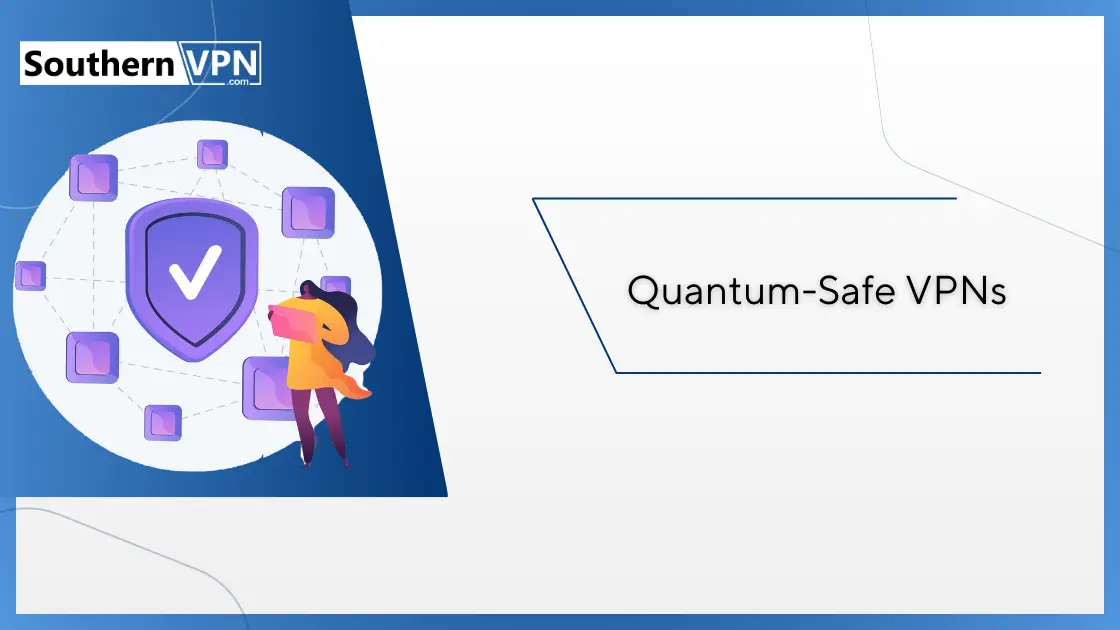
Do You Know?
Development of VPN
Another trend for the development of VPN in the future is that quantum-safe VPNs are being created. In future, VPN systems use encryption to protect information; however, with development in quantum computers, the encryption method loses its effectiveness to attackers. These encryption algorithms may be breached by quantum computers hence posing a threat on any sensitive data.
Employment of Quantum-Resistant Algorithms
Quantum-safe VPNs use quantum-resistant algorithms that are difficult for both classical and quantum computers to solve. These VPNs are important because quantum computers have the potential to break traditional encryption methods, posing a threat to sensitive data. Quantum-safe VPNs ensure data security even in the face of quantum threats.
With Quantum-safe VPNs brought into the scene, people and stakeholders in organizations will be ready for the future by ensuring that their data is secured from quantum hackers. Quantum computing is steadily evolving, then the requirement for quantum-secure VPNs will only expand and contribute to the next generation VPNs.
Decentralized VPNs: Privacy: The Roles of Blockchain
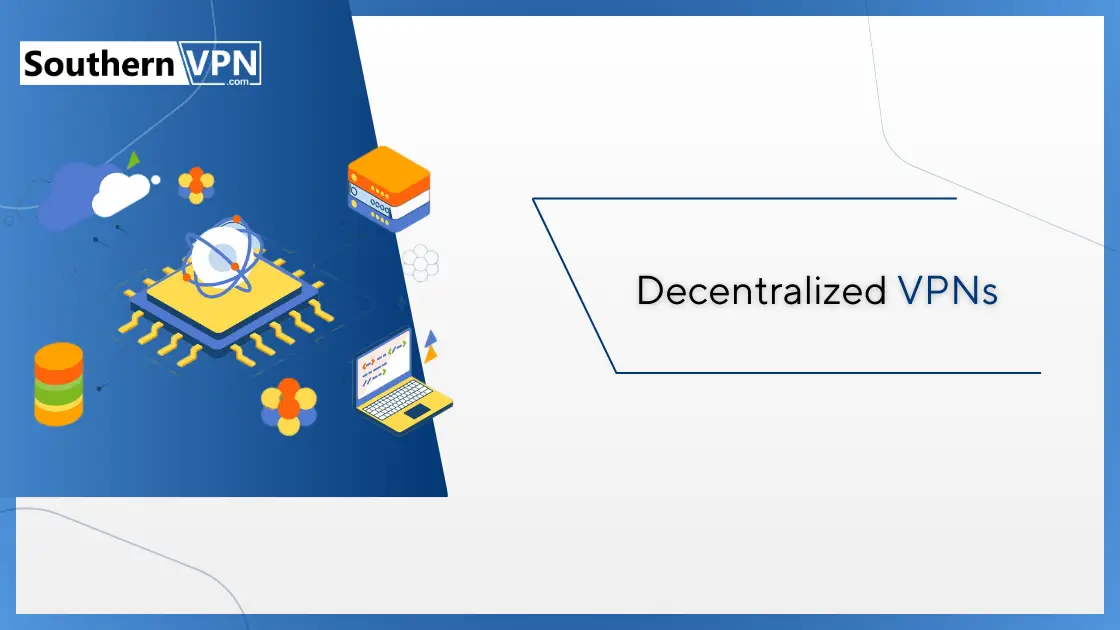
In a typical VPN system, users log into a server that is provided by the VPN service provider. What this means is that a provider may have access to user data and therefore may be logging or monitoring users.
Many decentralized VPNs also accept cryptocurrency as a form of payment which is a plus since it eliminate the connection of financial data to the user’s activity.
Through the incorporation of blockchain technology, decentralized VPNs are more secure and private compared to the traditional VPNs. Since the concern for online privacy is rising in the future more and more users are likely to turn to decentralized VPNs.
Multi-Cloud VPNs: Single Source Connectivity For Multi Site Orders
This does not only make it easier to control VPN connections, but also increases security by creating an encrypted tunnel that only a designated cloud service can decode messages to the other cloud platform.
Furthermore, multi-cloud VPNs can enable organizations to leverage various service offerings of different cloud providers within a single unified and secure network.
The advancement which has presented multi-cloud propositions is likely to heighten the use of multi-cloud VPNs in the corporate world. It is owing to this that these VPNs will be fundamental to foster secure and efficient connections between the myriad Cloud Platforms, and therefore will be a constituent of the future of VPN technology.
Edge Computing VPNs: Security Management for The Edge
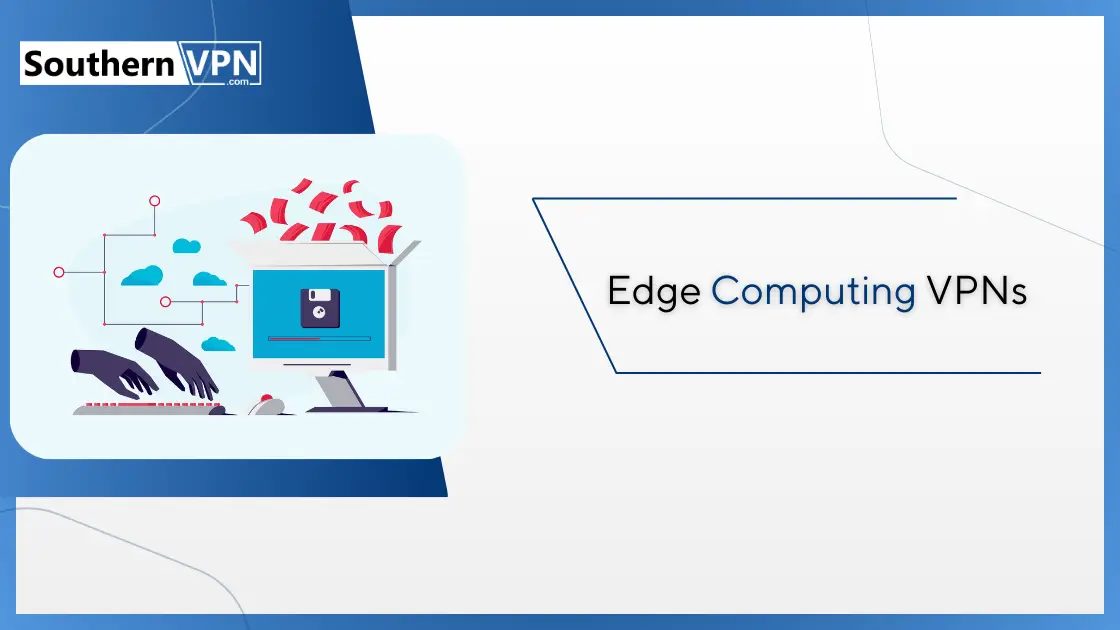
A specific type of VPN used in edge computing is the edge computing VPN to enhance security in edge computing. These next generation VPNs enable fast transfer of data and minimal delays between edge devices and the central server, and at the same time, offer adequate security measures against cyber attacks.
Edge computing VPNs enhance security and data transmission speed by processing data closer to the source. This minimizes the amount of data sent over the VPN, improving network performance and security. Edge computing VPNs are particularly beneficial in IoT settings, smart cities, and the automotive industry, where they protect interactions between sensors and control systems by encrypting transmitted data.
However, next generation VPNs for edge computing can also be custom-built based on different applications such as IoT devices, smart city, and automobile industries. For instance, in the IoT setting, edge computing VPNs can be of immense benefit in protecting the interaction between sensors and control systems by encrypting the transmitted data.
Hence, as edge computing evolves to be a popular concept, the option of having well-protected and efficient edge computing VPNs will also be highly sought. These Secure VPNs will be very useful in the deployment of edge computing, hence becoming a more critical component of the future of VPN technology.
Privacy-Focused VPNs: Prioritizing User Anonymity
Privacy-focused VPNs prioritize user anonymity and offer features like no-logging policies, strong encryption algorithms (e.g., AES-256 and OpenVPN), shared IP addresses, and server shifting. These features make it difficult for anyone to link online activities to a particular user, enhancing overall protection and privacy.
Zero-logging policies simply means that a VPN service provider has no trace of activity that a user is involved in and thus cannot sell that information to any governmental or third party agency. Some of the top level security mechanisms like AES-256 and Open VPN make it difficult for hackers to compromise the user’s traffic as compared to other normal security.
Pro Tip
Considering the growth of concern regarding online privacy, the popularity of secure VPNs that pay special attention to the user’s privacy should rise. These VPNs will remain very significant as they will help users conceal their identity and secure their information in the future society where VPN is expected to be advanced.
5G VPNs: Providing Fast Connectivity with Low Latency
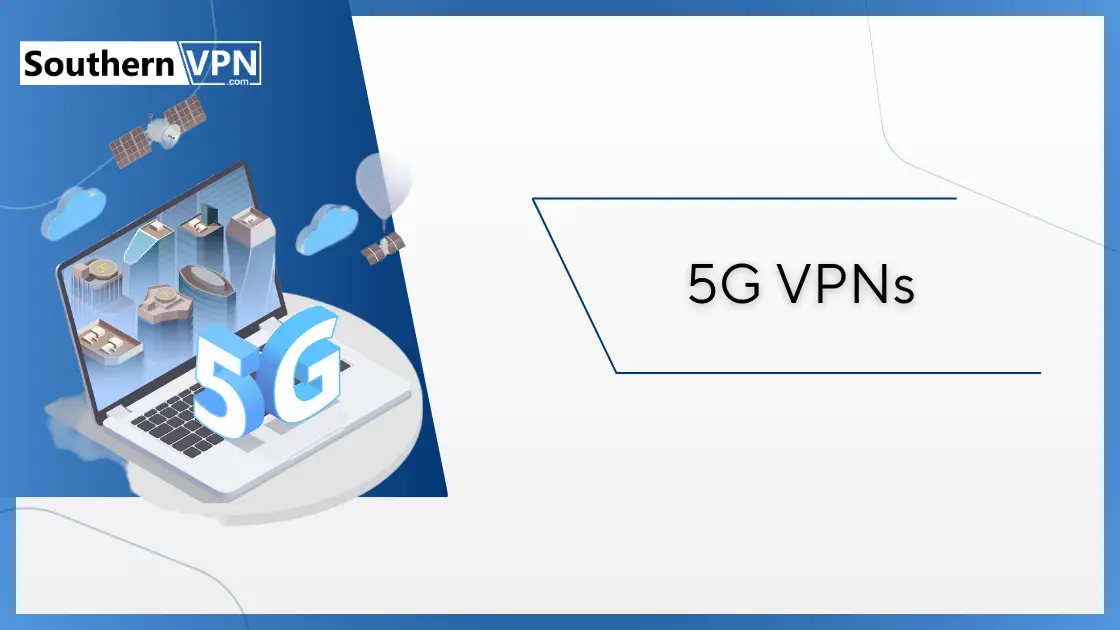

Uninterrupted, high-speed browsing, zero logs so your online activity is always private.
Over 7000 people checked out NordVPN in the last month
5G VPNs ensure secure and smooth connections for mobile devices, enabling new opportunities for applications like augmented reality (AR) and virtual reality (VR). They also enhance the security of communication channels between mobile devices and cloud resources.
Mobile VPNs can benefit from 5G’s connections and ensure that users of mobile devices can have secure yet smooth connections to the internet.
Do You Know?
Considering 5G networks are still being implemented around the world, the high chances are that the 5G VPNs demand will rise. These VPNs will be vital for the mass implementation of the 5G technology hence incorporating them into technology’s future VPN landscape.
Customizable VPN Experiences: Tailoring To User Needs
Users can customize their VPN experience by adjusting encryption levels, selecting optimized servers based on location and traffic load, and setting up application-specific configurations. This allows users to tailor VPN connections to their specific needs, whether they require highly secure connections or faster speeds for particular applications.
- Customizable encryption levels: Users can select the level of encryption which would serve the users best depending on whether they want a highly secure connection or one which would give a faster connection.
- Optimized server selection: It allows the users to choose the servers depending on the place, the velocity of connections, as well as the traffic load.
- Application-specific settings: As for the VPN settings, it is possible to set up a unique configuration that would be applied to particular programs, including entertainment platforms or gaming applications.
The approach of distinguishing the VPN experience means that providers enable customers to receive optimal VPN services corresponding to their needs and preferences. It will not only enhance the quality of use and satisfaction but will also increase the extent of using secure VPNs in the future.
The Future of VPN Technology: Safe, Efficient, and Creative
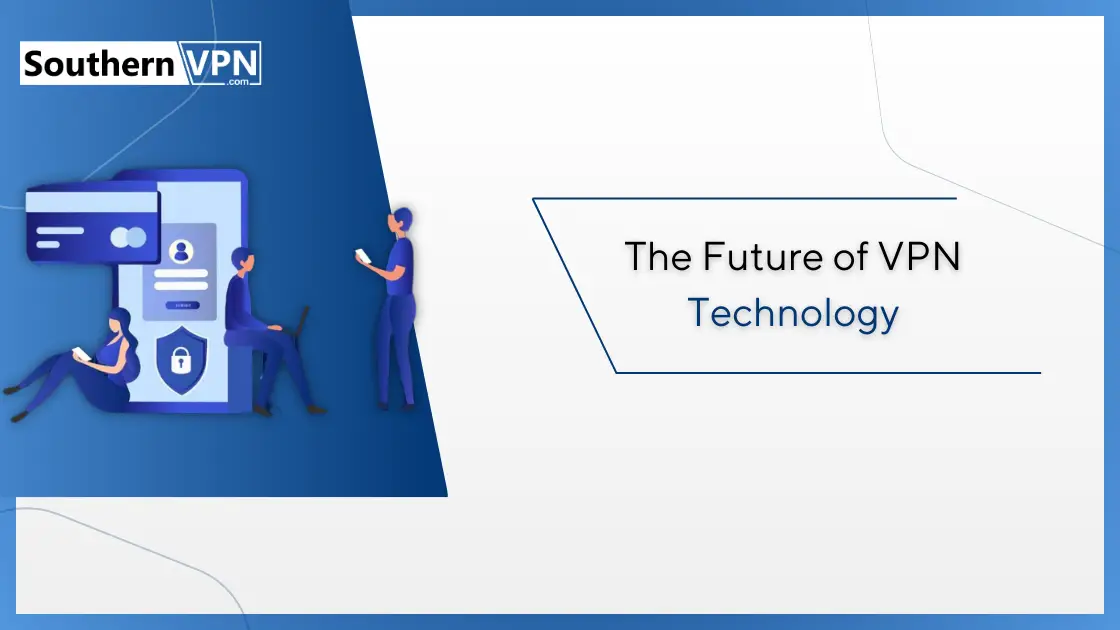
But the true potential of VPN, in my opinion, is in the possibility that can give users unrestricted and uninterrupted connection to the Internet regardless the country or a device they use. Thus, through the provision of a secure and reliable means of accessing online resources, VPNs have become an important asset in people’s daily lives as well as in business operations.
Conclusion
So, what does the future of VPN hold for technology? One thing is certain: it will continue to push the boundaries of what’s possible, delivering innovative solutions that keep us secure and connected in an increasingly complex digital world.






